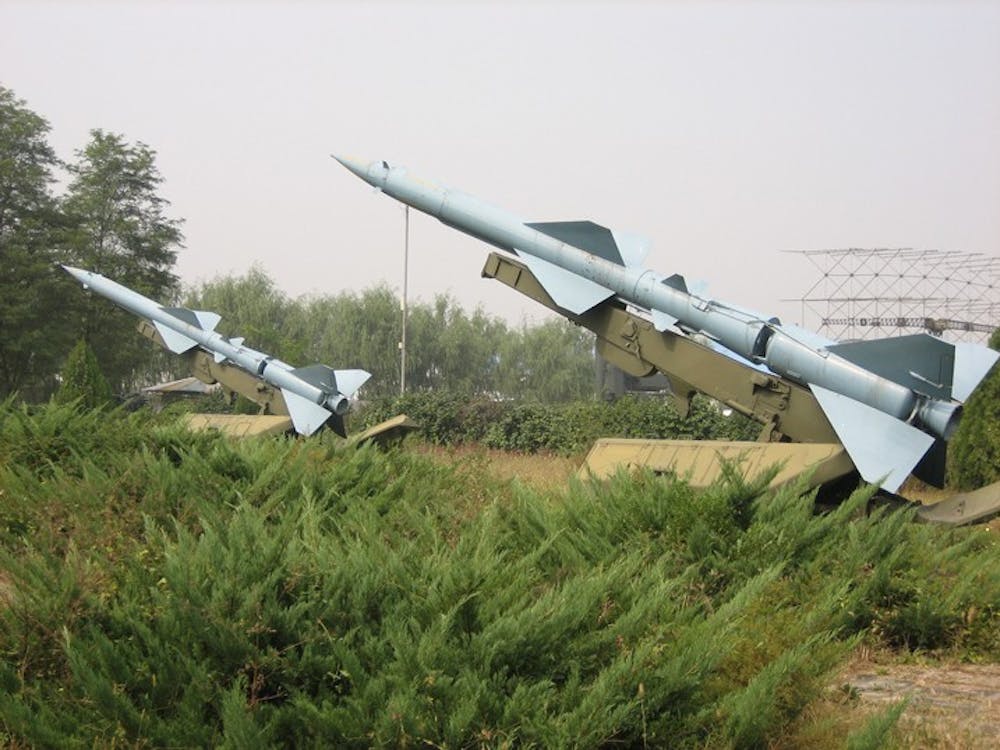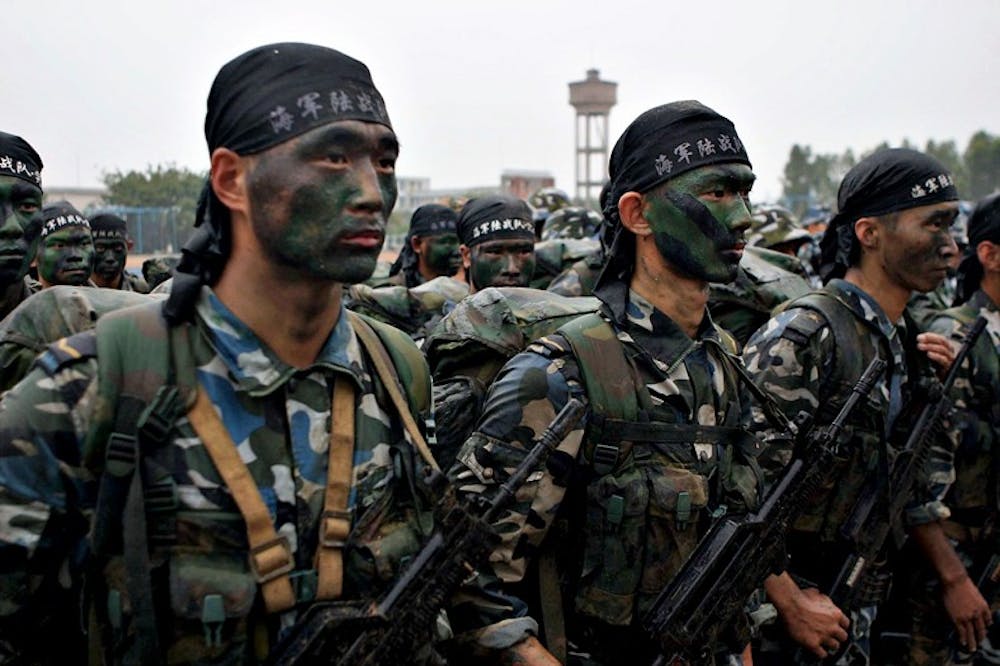By Joe Friedrichsen | Echo

Despite suffering a humiliating decline in national strength and status, the Chinese people are devoted to returning China to its natural state of glory. But because China hasn't clearly defined its criteria for achieving the state's collective rejuvenation, the U.S. has been left asking questions: What does China want as an emerging power? Can the U.S. and China coexist peacefully?
For much of its existence, China has regarded itself as the pinnacle of civilization. It also considers the unique moral world leadership position it held for nearly two centuries to have been usurped by Western and Japanese colonial powers from the period of 1839 to 1949 in what China calls the century of humiliation. According to Zheng Wang, the director of the Center for Peace and Conflict Studies at Seton Hall University, China remembers that dark period as one of being bullied by imperialist powers.
In his book "On China," former U.S. Secretary of State Henry Kissinger stated that recent strategic tension between China and the U.S. results from the Chinese fear that the U.S. seeks to contain and strategically encircle China. That concern is paralleled by the U.S.'s fear of China attempting to expel it from Asia.
Despite current strain, Kissinger believes China is not going to put itself in a position of confrontation with the U.S. when it has one of the world's most rapidly aging populations and a bevy of other domestic challenges.
In a 2010 comprehensive policy statement, State Councilor Dai Bingguo, the highest-ranking official overseeing China's foreign policy, said China must limit its strategic goals to building a moderately prosperous society in all aspects. Bingguo also outlined some of China's difficulties domestically.
Bingguo said China's gross domestic product (GDP), however large in absolute numbers, must be spread over a population of 1.3 billion people. Of those, 150 million people live below the poverty line. Because of these challenges, Bingguo rejects skeptics' claims that China seeks to dominate Asia or displace the U.S. as the world's preeminent power.
China's current posture and recent military actions in Asia and the Pacific are also strong indications of its future intentions.
To counter the U.S.'s increasing military presence in the region, Douglas Paal, director of the Asia Program at the Carnegie Endowment for International Peace in Washington, said China is taking measures to bolster its position in Asia.
Last November, China created a controversial new air defense zone in the East China Sea amid its territorial dispute with Japan, reported the Washington Post. Air defense zones are commonly established by countries to help them track or monitor aircraft nearing their territories.
In the state-run Global Times newspaper, Li Jei, a senior captain at the China Ocean Research Center, wrote that the zone gives China favorable strategic circumstances because it forces the U.S. and Japan to face the reality of the situation and negotiate with China.
Paal believes future Chinese declarations of new zones will allow it to alter spheres of geographic influence over time without actually causing direct confrontation with other countries.
China is also reasserting its power in Asia by developing a large arsenal of conventional asymmetric weapon systems. These weapons systems are used to exploit a larger force's weaknesses. In this case, they are designed to disrupt U.S. power projection into the Western Pacific and deny it access to contested regions like Taiwan.
The strategy China employs is known in military jargon as anti-access/area denial (A2/AD). Put simply, A2/AD employs repeated assault waves of cyber-attacks, anti-satellite weaponry, ballistic missiles, stealth submarines and other weapons like China's "carrier killer" missiles. Rather than forcing an outright defeat, China's A2/AD strategy relies on whittling down the advantage of a superior force so it suffers too many casualties or is too expended to launch a substantial offensive.
These defensive measures are characteristic of Chinese military strategy, which emphasizes victory through psychological advantage, avoidance of direct conflict and prevention of strategic encirclement.
Considering China's defensive military posture and Chinese leaders' current aspirations, China's state strategy seems to be focused on maintaining national unity and returning to its past greatness as the Middle Kingdom. Because of China's willingness to peacefully develop within the current international order, the country is unlikely to challenge U.S. global leadership.
Although such a path seems to be the case in the short-term, the next generation of Chinese leadership could just as easily command an entirely different policy-one that directly confronts the U.S.'s preeminent global role.





